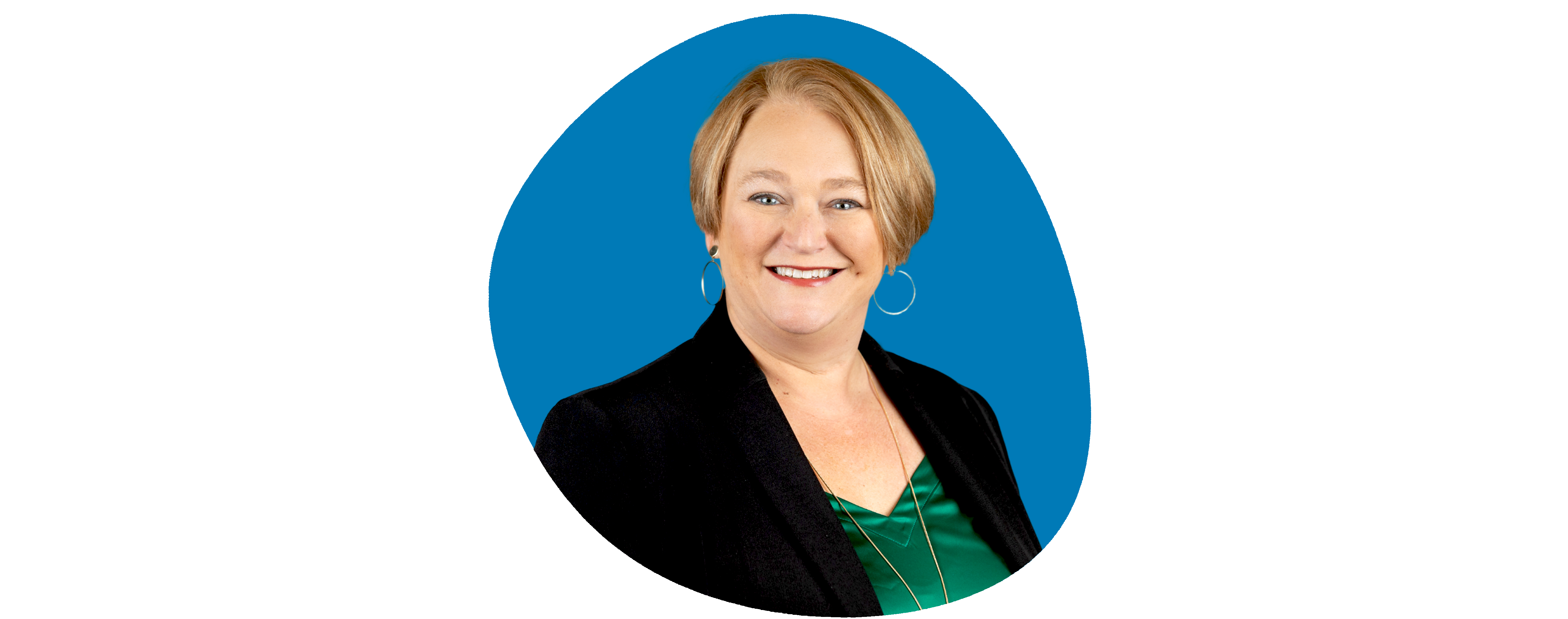E-Rate Update: FY 2025 Form 470 & Form 471 Deadlines
Deadlines for 2025’s Form 470 and Form 471 have been announced. Mark your calendars now and make plans to complete your application so that your funding request stays on track.

UPDATE: On August 26, 2021, the FCC announced a second round of ECF funding, opening on September 28, 2021. Click here to learn more about the details and deadlines associated with this supplementary funding opportunity.
In March 2021, Congress passed the American Rescue Plan, which included a $7.1 billion appropriation geared toward closing the digital divide and helping school districts and libraries across the US upgrade their internet access capabilities. This initiative, termed the Emergency Connectivity Fund (ECF), can be utilized by eligible institutions to obtain (among other options) laptops, tablets, Wi-Fi hotspots, and broadband internet for students and staff that are unable to participate in remote learning.
In a May 11, 2021, press release, the Federal Communications Commission (FCC) announced a finalized rule set for the administration of the ECF. Within the next few months an application process and timeline will be released from USAC, the managing partner for this program. As such, districts may now begin planning how they will apply for these funds during the upcoming application window.
If your school or district is interested in taking advantage of the ECF’s available funds, then read on to learn about which institutions are eligible as well as how ECF funds may be spent. With this information in mind, you’ll be better prepared to apply for ECF funding in the near-term.
Note: All information and interpretations disseminated in this article are current as of mid-May 2021. ECF rules and limitations are subject to change at the FCC’s discretion. For the latest, always refer to the FCC website.
Prior to the COVID-19 pandemic starting in early 2020, the US federal government already identified a growing digital divide in schools and districts across the country. However, the pandemic greatly exasperated these issues, especially in districts with poor internet connectivity infrastructure and aging digital learning hardware.
In an effort to close that gap and help districts digitally prepare for the 21-22 school year and beyond, Congress appropriated $7.1 billion within the larger $1.9 trillion American Rescue Plan stimulus package to the FCC for distribution to eligible schools and libraries across the US. The FCC, in turn, has decided to distribute these funds – termed the Emergency Connectivity Fund (ECF) – through a process similar to their E-Rate application system, and to place the Universal Service Administration Company (USAC) in charge of administering this special round of funding.
In general, entities that are eligible to apply for and receive E-Rate funding are also eligible to apply for and receive ECF funds. That being said, eligible schools and libraries do not need to be presently participating in the E-Rate program to apply for ECF funding.
Also, unique to this round of funding, ECF funds can be directed to some non-traditional institutions where education is being presently facilitated. This includes churches and community centers. Along the same lines, wireless services for school buses and “bookmobiles” may also be purchased through this program, particularly for communities that lack adequate access to wireless internet in homes and other community center institutions. These non-traditional entities and requests will need to work with school districts in order to request services.
Finally, students, staff, and library patrons who lack sufficient internet access or access to an internet-connected device are eligible under the ECF. In all cases, internet access obtained through this program must be used primarily for facilitating learning activities, such as through a school’s remote or hybrid learning plan.
To lower the barrier for obtaining ECF funds, the FCC has opted to utilize a revised E-Rate application process for this special round of funding. As such, eligible institutions will be able to apply online using the E-Rate EPC Portal. These institutions will also utilize familiar E-Rate forms in the application process.
The program will likely consist of at least two rounds of funding, with the first round covering forthcoming expenses covering July 1, 2021 through June 30, 2022. The second round of funding will cover reimbursement of expenses that districts made since the beginning of the pandemic, March 2020 through June of 2021.
A precise date for this application process will be announced by the FCC soon. The traditional E-Rate process requires a specific procurement process. However, no extra or supplemental competitive bidding requirements will be imposed on ECF applications, though state and local bidding requirements may still apply. Therefore districts can move forward with requesting bids through their own district process at this time.
Additional rules and regulations relating to applying for ECF funds have also been set forth by the FCC. The full details of those rules can be found in the full ECF order documentation
Under the FCC’s newly-released rules, ECF funds can only be applied to several different categories of hardware and services. These items must support home or community partner access to support remote learning. For example, ECF funds may be used to pay for or reimburse purchases of:
ECF funds may also be applied toward obtaining and maintaining any of the following services (in most cases):
Additionally, any fees associated with the installation, activation, or configuration of the above devices and services (as well as taxes, shipping costs, and other reasonable fees) may be reimbursed through the ECF. As such, participants are encouraged to keep documentation of all costs associated with their digital hardware and service purchases during the eligibility period and maximize their utilization of available funds wherever possible.
Also, as it applies to the above hardware and services, anything purchased or reimbursed through the ECF must be used primarily for educational purchases. Moreover, schools and libraries looking to purchase new devices or services through the ECF are required to restrict access to those new devices and services to only students, school staff, and library patrons with a demonstrated educational need.
Limitations on the number of devices per student and the number of new internet hook-ups per location have also been set forth by the FCC. More details on these limitations – including relevant price caps – can be found in the FCC order documentation.
On August 26, 2021, the FCC announced a second round of ECF funding for schools and libraries. This second application filing window will be geared toward addressing outstanding demand, including applications that were filed after the close of the initial application filing window during summer 2021. Additionally, the FCC intends to offer this second application window as a chance for schools and districts to sure up off-campus connectivity in light recent upticks COVID-19 Delta variant cases nationwide.
Submissions for this new round of ECF funding will begin September 28, 2021, and run through October 13, 2021. Eligible schools and libraries will be able to apply for financial support for eligible equipment and services received or delivered between July 1, 2021, and June 30, 2022.
More details about this latest round of federal connectivity funding can be found on the FCC website.
To support Illinois schools during this fast-approaching application period, the LTC has scheduled two virtual workshops centered on filing out and digitally submitting all of the appropriate paperwork. These workshops will take place September 30 and October 5. Be sure to follow the LTC on social media and keep an eye on the LTC E-Rate and Connectivity hub for the latest program and service updates.
The Learning Technology Center (LTC) is ready and willing to help your school district take advantage of all new and annual federal funding geared toward supporting home connectivity, digital learning, and more. Our annual E-Rate application tour, for example, can help schools obtain funds for supporting their digital education infrastructure – including both hardware and internet services.
Also, over the next several weeks, I’ll be hosting several webinars focused on both the ECF and the Emergency Broadband Benefit Program (EBB). Tune into these live sessions on May 20, May 26, and June 3 to learn more about how these programs can serve your district’s emergent remote learning needs.
Miss these webinars? No problem! Full recordings of each session can be found over on our ECF & EBB hub (coming soon).
As the LTC’s Digital Access Coordinator, I can also answer your questions about the Emergency Connectivity Fund and any other state or federal funding program. Contact me, Mindy Fiscus, at mfiscus@ltcillinois.org to learn more about what the LTC can do to support your institution’s short- and long-term funding acquisition goals.
As more details about the ECF are released, the LTC will endeavor to share updates with Illinois schools and districts. To keep up with the latest, check out the LTC’s Connectivity and E-Rate hub or follow the LTC on Facebook and Twitter. You can also find detailed federal and state funding updates from me on the LTC Community.

Mindy provides leadership, expertise, and support related to broadband connectivity, equipment and device access, and funding sources, including E-Rate.

Sam leads and supports the execution and growth of LTC services through the development and creation of innovative, impactful, and timely digital content.